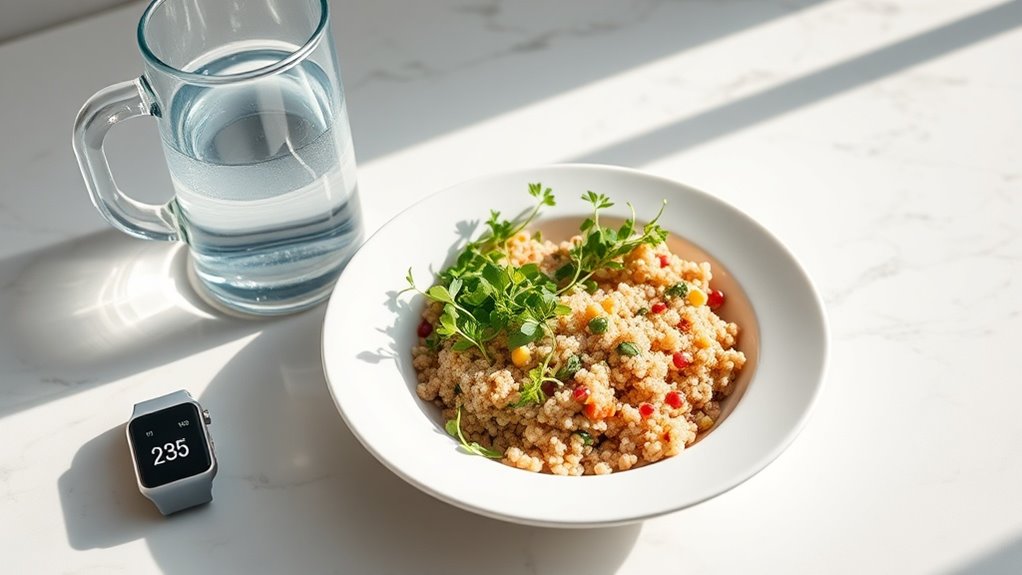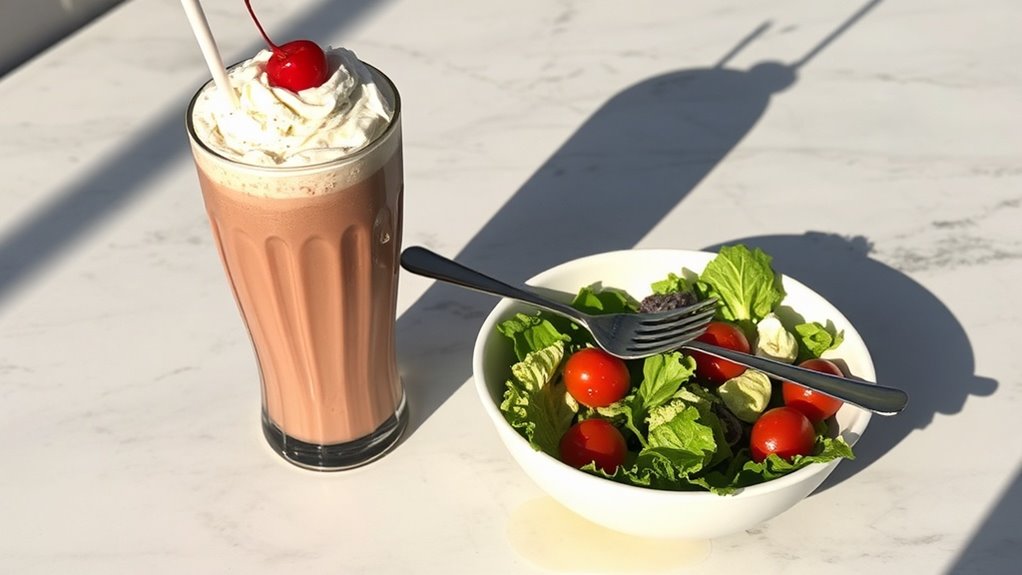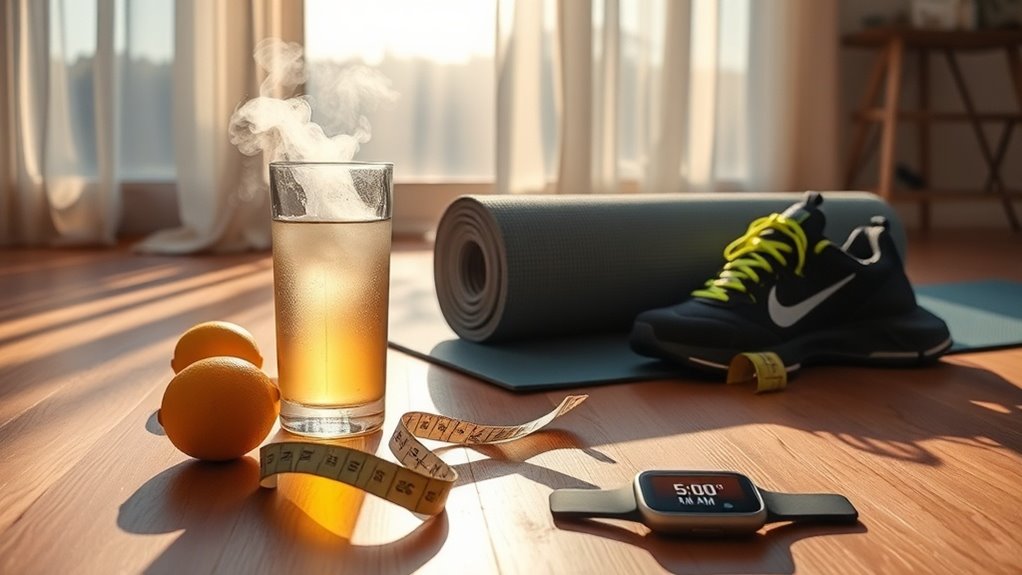Shocking! The One Common Mistake That’s Slowing Your Weight Loss!
You’ve just crushed a workout, and now you’re feeling like a snack is in order, right? It’s a common trap many fall into—thinking those burned calories give you a free pass to indulge. But here’s the kicker: that mindset can actually slow down your weight loss journey. What if I told you there are smarter ways to refuel that won’t derail your progress? Let’s explore how you can enjoy tasty, healthy snacks without the guilt.
Understanding the Overcompensation Phenomenon
When you start a weight loss journey, it’s easy to fall into the trap of overcompensation, which can really slow your progress.
You might think treating yourself after a tough workout is harmless, but those extra snacks can add up quickly! This is one of the common weight loss mistakes people make. You convince yourself that burning calories means you can eat whatever you want, but that just isn’t true.
Instead of rewarding yourself with food, consider non-food rewards, like a movie night or new workout gear.
The Impact of Post-Workout Eating Habits
Even though you might feel like you’ve earned a feast after a hard workout, those post-exercise eating habits can really trip you up on your weight loss journey.
You may be tempted to indulge in a big meal or snack, thinking you’ve burned tons of calories. But here’s the thing: those calories can add up quickly!
Instead of diving into a mountain of chips or a sugary smoothie, try to grab something nutritious. Think protein-rich foods like Greek yogurt or a handful of nuts.
These choices help your muscles recover and keep you full longer, without piling on extra calories.
Recognizing Your True Caloric Needs
Understanding your true caloric needs is crucial for effective weight loss, so don’t overlook this important step in your journey. Many people underestimate or overestimate how many calories they should consume.
To get it right, consider these points:
-
Calculate your Basal Metabolic Rate (BMR): This tells you how many calories your body needs at rest.
-
Factor in your activity level****: More active? You’ll need more calories.
-
Listen to your body: Hunger cues can guide you to your true needs.
-
Adjust as needed: As you lose weight, your caloric needs change, so stay flexible.
Getting this part right can make a world of difference, so take the time to figure it out.
Healthy Snack Alternatives That Support Weight Loss
Snacking can be your secret weapon in the battle against weight gain, and making smart choices can keep you on track without feeling deprived. Instead of reaching for that bag of chips, why not try some air-popped popcorn? It’s light, crunchy, and satisfies that salty craving.
Fresh fruits like apples or berries are sweet and packed with vitamins, plus they’re super easy to grab. If you’re in the mood for something creamy, Greek yogurt with a drizzle of honey is a delicious option.
And don’t forget about veggies! Baby carrots or cucumber slices dipped in hummus make for a tasty, filling snack. By choosing these healthier options, you’ll feel great and still enjoy snacking without the guilt!
Strategies to Maintain a Caloric Deficit
While it might seem tough to keep a caloric deficit, especially with all the tempting treats around, you can absolutely make it work with a few smart strategies.
Here are some practical tips to help you stay on track:
-
Plan your meals ahead of time to avoid impulsive choices.
-
Include protein in every meal; it helps you feel full longer.
-
Stay hydrated; sometimes, you might mistake thirst for hunger.
-
Keep healthy snacks on hand to curb cravings without blowing your calorie budget.
Mindful Eating: A Key to Successful Weight Management
Keeping a caloric deficit is just one piece of the puzzle when it comes to weight loss, but how you eat can make a big difference too.
Mindful eating is all about being present during your meals. So, instead of scrolling on your phone or zoning out in front of the TV, focus on the flavors, textures, and smells of your food.
Take smaller bites, chew slowly, and really enjoy each bite. You’ll find that you’re more satisfied and may even eat less!
Plus, paying attention can help you recognize when you’re truly hungry or just bored.
Don’t underestimate the power of mindfulness; it’s like giving yourself a tasty hug that helps you manage your weight more effectively.





